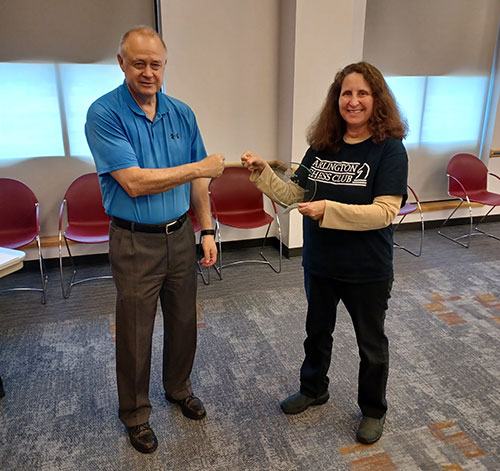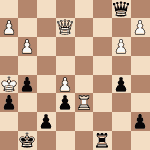The Chessable Research Awards promote chess research by undergraduates, graduate students, and faculty research sponsors. Chessable plans three cycles per year of monetary awards. Applications for the first cycle are open until October 1, 2022. Chessable is also known for spaced repetition, which is a helpful technique for memorizing chess openings.

Chessable Research Awards
Undergraduate and graduate students are eligible to apply for Chessable Research Awards. When a student wins an award, their faculty research sponsor receives money too. Chessable welcomes applications from university students in all academic fields, such as sociology, aging, computer science, business, psychology, education, etc.
Chess Openings
Studying how people learn is part of both education and psychology. One learning technique is spaced repetition. Spaced repetition of chess openings can help players recall variations and move orders. In many openings, move order is important.
French Defense mistake
In round 2 of the 2022 Texas Women’s Chess Championship, I forgot my move order in a French Defense, Rubenstein Variation.
After the draw, I gave my opponent and her mother a ride to their hotel. Then I swam in their hotel’s pool, which made me happy. As noted in my previous article, I aspire to swim during chess tournaments.
Tournament Winners
Despite giving up draws in round 2 and 3, I tied for first with Nicole Niemi and Brenda Hardesty. The three of us became the 2022 Texas Women’s Chess Co-Champions. We each scored three points out of four rounds. I received the first-place trophy on tiebreak.
